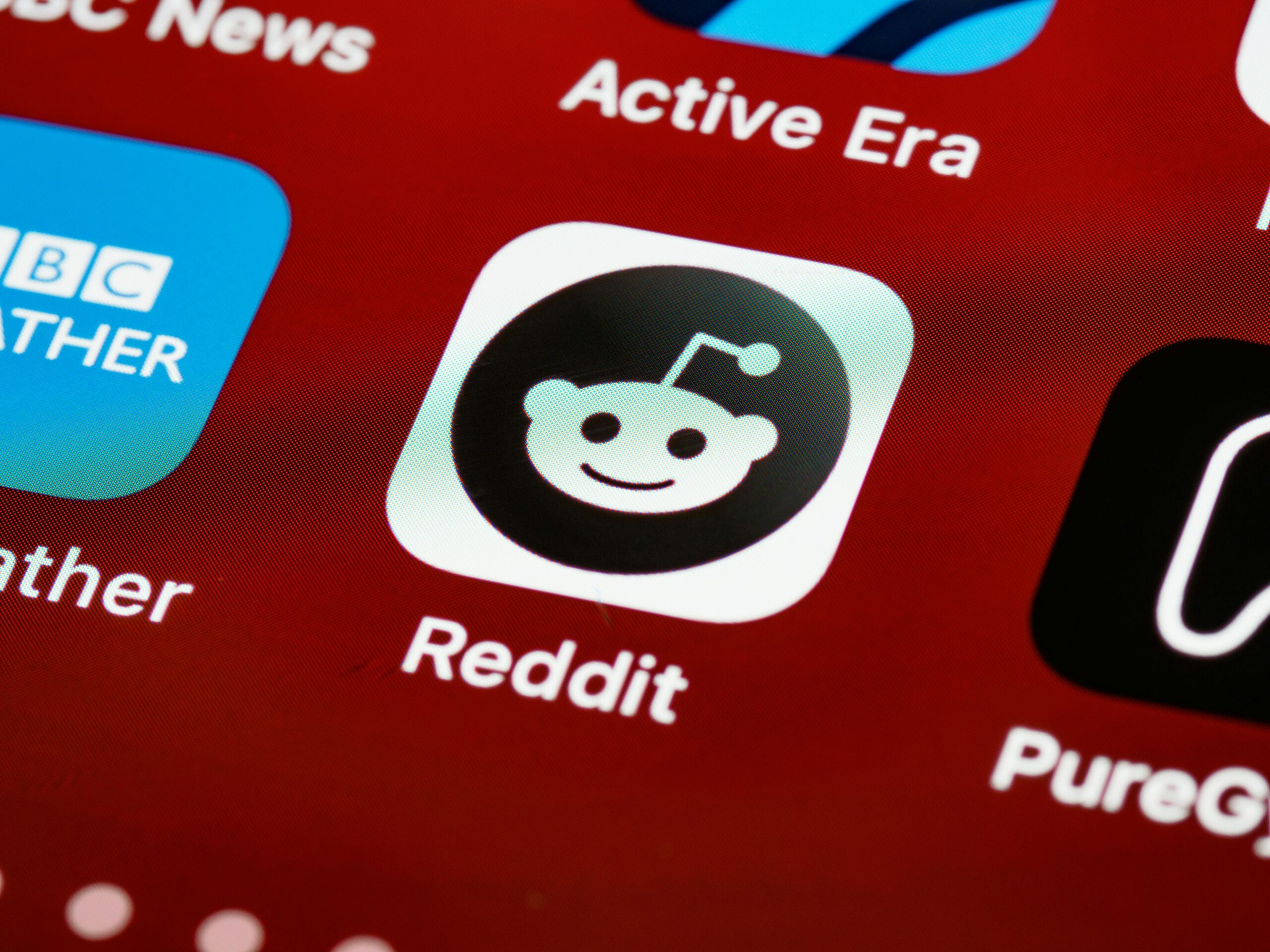As artificial intelligence continues to transform digital content, platforms like Reddit are harnessing AI translation tools to broaden their global reach. This shift raises important questions about how AI-translated content affects Google search rankings, what it means for SEO best practices, and how content quality can be maintained in a multilingual digital landscape.

The Rise of AI Translation on Reddit
Reddit, known for its diverse communities and user-generated content, has increasingly turned to AI-powered translation services to make its vast repository accessible to non-English speakers. This trend is driven by several factors:
- Global Engagement:
With millions of users worldwide, Reddit’s adoption of AI translation aims to break down language barriers and encourage participation from international communities. - Speed and Efficiency:
AI translation tools can quickly convert large volumes of content, enabling faster dissemination of trending topics and discussions across different language regions. - Cost-Effective Scaling:
Compared to hiring professional translators, AI offers a more scalable solution for translating user posts and comments, though the quality can vary.
Impact on Google Search Rankings
Google’s search algorithms are designed to prioritize high-quality, relevant content. The integration of AI-translated content introduces several challenges and opportunities for search rankings:
- Content Quality and Relevance:
Machine-translated text may sometimes lack the nuance and context provided by human translators. This can result in awkward phrasing or misinterpretations that affect user engagement and, consequently, search ranking. - Duplicate and Thin Content Risks:
Automated translations can inadvertently create duplicate or near-duplicate content across language versions. Google’s algorithms may interpret these as lower quality or redundant, potentially affecting overall rankings. - Localization vs. Translation:
Google favors content that is not only translated but also culturally and contextually localized. AI translations that don’t adapt idiomatic expressions or local nuances might not perform as well in search results compared to content curated by native speakers. - Algorithm Updates and AI Content Guidelines:
With the evolving landscape of AI-generated content, Google continues to refine its guidelines. Recent updates emphasize “helpful content” that provides genuine value, prompting a closer look at whether AI-translated content meets these standards.
Opportunities and Strategies for Quality Improvement
While the use of AI in translation opens up new avenues for global engagement, it also calls for enhanced strategies to maintain quality and boost SEO performance:
- Human Oversight and Editing:
Incorporating human review in the translation process can significantly improve the readability and cultural accuracy of the content. A hybrid approach—using AI for initial translation followed by human editing—can ensure higher quality. - Customized Localization:
Beyond direct translation, adapting content to reflect local customs, idioms, and cultural references is critical. This localization helps meet user expectations and aligns with Google’s preference for contextually relevant content. - SEO Best Practices:
Webmasters and content creators should optimize translated pages with unique meta descriptions, localized keywords, and region-specific content to avoid penalties related to duplicate or thin content. - Monitoring and Analytics:
Continuous monitoring of search performance metrics for AI-translated pages can help identify issues early. Adjustments based on user behavior—such as bounce rates and engagement—are essential for fine-tuning the content.

Broader Implications for Digital Content
The shift toward AI-translated content on platforms like Reddit is part of a broader trend in the digital ecosystem:
- Evolving User Expectations:
As users increasingly access content in their native languages, platforms must balance speed with quality to retain engagement and trust. - Global SEO Challenges:
Companies and content creators face the dual challenge of scaling multilingual content while adhering to the evolving standards of search engine algorithms. - Future of AI in Content Creation:
The ongoing debate around AI-generated versus human-crafted content will likely spur further innovation. As AI tools improve, the gap between machine translations and human quality is expected to narrow, provided that ethical guidelines and quality controls are maintained.
Frequently Asked Questions
Q: What is AI translation and how is it used on Reddit?
A: AI translation leverages machine learning algorithms to convert text from one language to another. Reddit uses these tools to automatically translate posts and comments, helping users from different linguistic backgrounds engage with content.
Q: How does AI-translated content affect Google search rankings?
A: AI-translated content can impact rankings if it leads to issues like duplicate content, lower readability, or lack of localization. Google prioritizes high-quality, contextually relevant content, so poorly translated material may perform worse in search results.
Q: Can Google penalize AI-translated content?
A: Not inherently. However, if AI translations result in low-quality or duplicate content, they could be subject to lower rankings under Google’s quality guidelines. It’s crucial to optimize and localize the translations to avoid penalties.
Q: What steps can content creators take to improve AI translations for SEO?
A: A hybrid approach is recommended—using AI for initial translation followed by human editing to ensure accuracy and cultural relevance. Additionally, optimizing metadata and localized keywords helps maintain strong SEO performance.
Q: Are there benefits to using AI translation on platforms like Reddit?
A: Yes. AI translation enables rapid scaling of multilingual content, enhancing global engagement and accessibility. When paired with human oversight, it can effectively broaden the reach of digital content while maintaining quality.
Q: How does localization differ from simple translation?
A: Localization adapts content to meet the cultural, linguistic, and contextual nuances of a specific audience, ensuring that the content resonates more effectively. This process goes beyond literal translation to capture idiomatic expressions and local context.
Q: What does the future hold for AI in digital content creation?
A: As AI technology evolves, we can expect improvements in translation accuracy and contextual understanding. Continued innovation, paired with robust quality control measures, will likely lead to better integration of AI tools in creating high-quality, globally relevant content.

As AI translation becomes an integral part of global content strategies, balancing technological efficiency with human expertise is essential. Platforms like Reddit are at the forefront of this evolution, and the ripple effects on Google search rankings highlight the need for continual adaptation in the digital age.
Sources Indian Express


